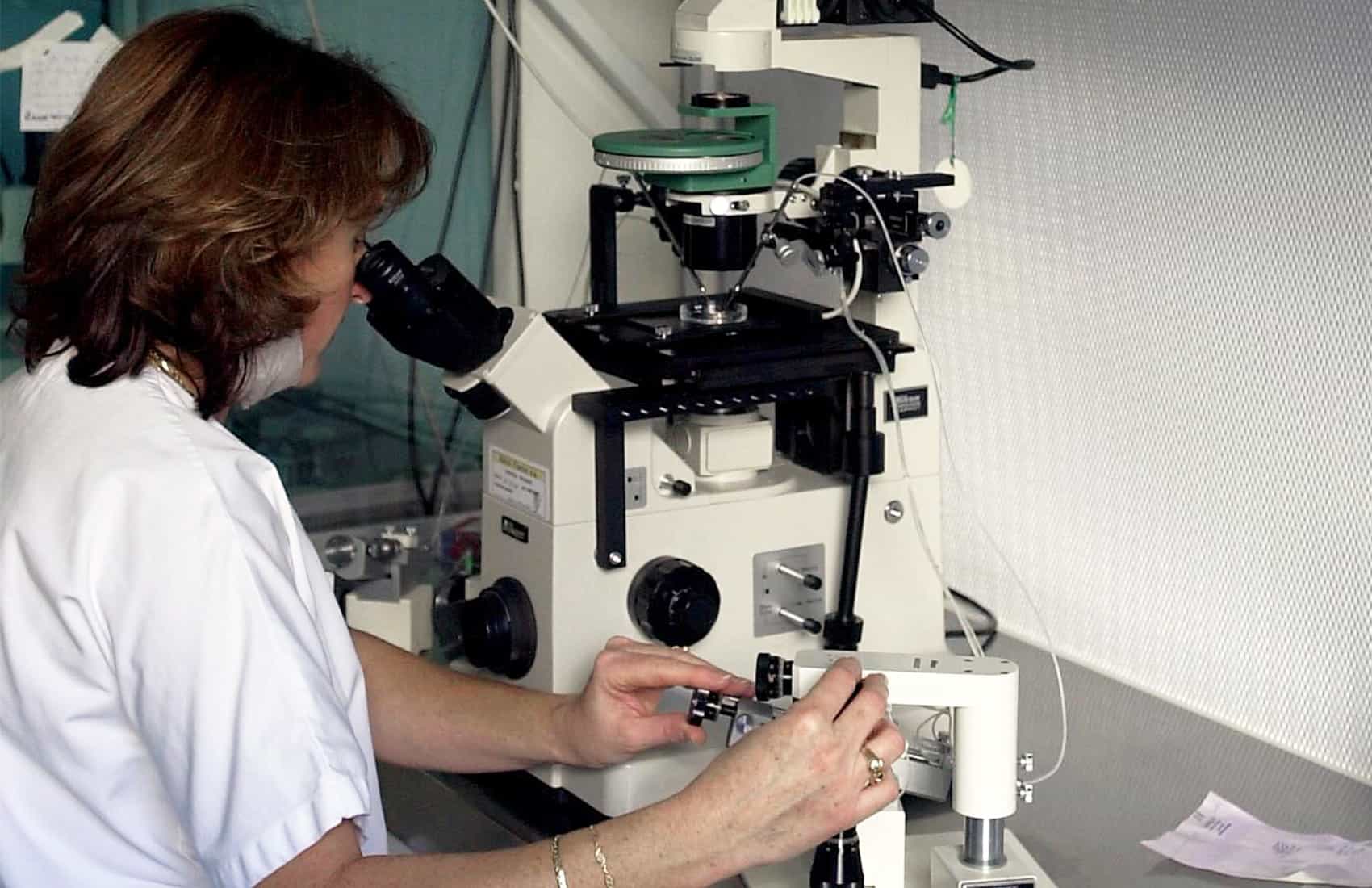A group representing 27 couples who filed a lawsuit against the Costa Rican government for outlawing in vitro fertilization will present President Luis Guillermo Solís with a draft decree to legalize the procedure, as ordered by the Inter-American Court of Human Rights in 2012.
An attorney representing the couples, Hubert May Cantillano, will meet with President Solís at 8 a.m. on Wednesday at Casa Presidencial. A fertility specialist, a constitutional lawyer and three representatives of the couples also will attend the meeting.
The draft has five chapters and 26 articles, and passing it by executive decree would bypass the Legislative Assembly, where the lifting of the ban has been delayed since the past administration.
The document proposes that IVF be accessible for couples who are able to provide their own gametes, as well as couples with a gamete donor and single women. Both couples and single women would be required “to provide medically proven evidence that they have a physical condition preventing procreation by the natural method,” reads one of the proposed articles.
It also states that the procedure would only be available to adults, and the Health Ministry would be charged with selecting medical facilities authorized to perform it.
The couples proposing the decree say an IVF bill currently awaiting discussion at the Legislative Assembly is inadequate and has a slim chance of approval.
“The draft pending discussion by members of the Assembly’s Social Affairs Commission currently has more than 300 motions against it,” May told The Tico Times. “It is not in a favorable position on the Assembly’s agenda.”
“Considering discussion of each motion takes lawmakers up to 60 minutes, and the commission meets only twice a week, the bill has no chance of approval anytime soon,” he added.
Plaintiffs also say the proposed bill fails to abide by the San José-based human rights court ruling, “and some of its provisions actually violate the court’s orders,” May said.
He said the group already is preparing a new lawsuit to be filed at the human rights court if lawmakers pass the bill in its current form.
Couples also are waiting on a ruling on separate complaints filed by May before an administrative court in San José. Those actions seek $100,000 in compensation for each couple for the government’s refusal to offer IVF services at public hospitals.
Yet another hurdle
In addition to the large number of motions challenging the bill’s passage, it now faces another obstacle in the form of the new Assembly’s directorate, elected last Friday.
That directorate is dominated by opposition lawmakers, who easily secured votes thanks to an alliance of six of the Assembly’s nine political parties. Among them are evangelical legislators who strongly oppose the legalization of IVF, arguing that fertilized eggs are discarded in the process. They claim that is akin to causing the death of living beings.
Following the directorate’s election last Friday, several members of the opposition alliance said they had not reached an agreement with evangelical parties on how to vote on the IVF bill, or on any other similar controversial bills, such as granting rights for same-sex couples.
National Liberation Party legislator Antonio Álvarez Desanti said representatives from all parties had agreed not to make any immediate decisions on those initiatives.
“Christian lawmakers expressed their interest in reaching an agreement on these issues, but in the end, we unanimously decided not to include them in the negotiations. We agreed that we will not promote or block their passage,” Álvarez said on Friday.
Mario Redondo, from the Christian Democratic Alliance Party, confirmed that bills advancing IVF and gay couples’ rights were not part of a negotiated agenda. He said each party would decide separately on how to vote on those bills.
The Inter-American Court of Human Rights on Dec. 20, 2012 ordered Costa Rica to pass legislation to lift its ban on IVF procedures, which was issued by Costa Rica’s Supreme Court in 2000. The human rights court gave Costa Rica one year to abide by its ruling. However, lawmakers in the past legislature were unable to reach agreement to bring the bill to the full Assembly.
Costa Rica is the only country in the Western Hemisphere to ban in vitro fertilization.





